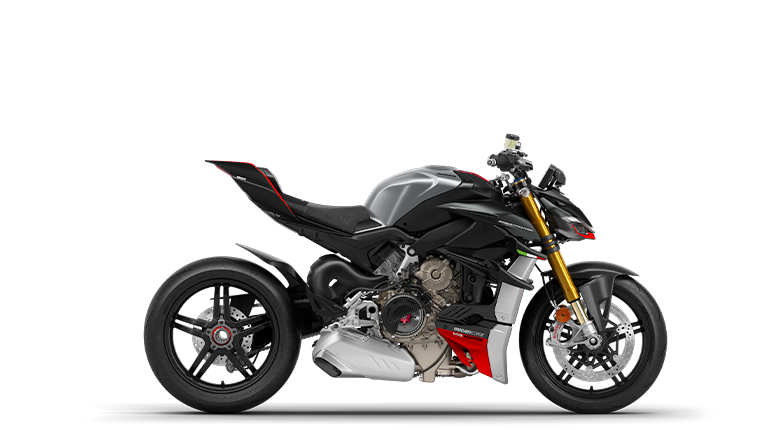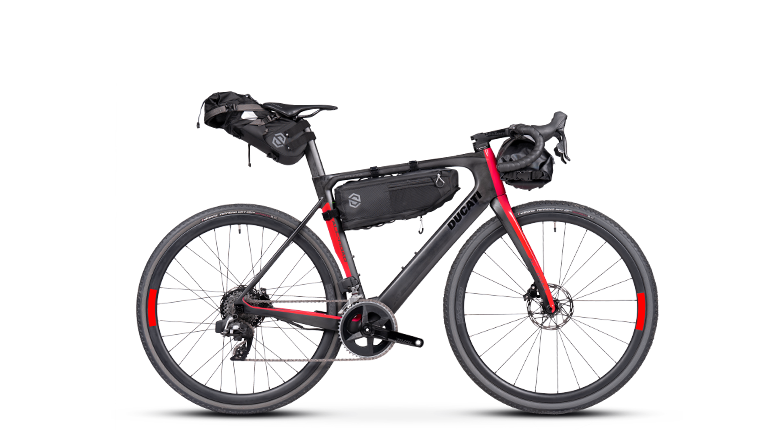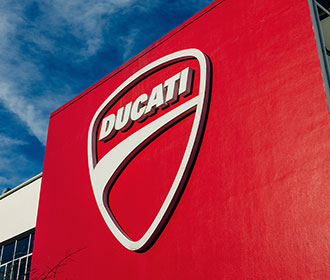- Models
- Configurator
- Shop
- News
- Racing
- DWP 2026
-
Models
-
DesertX
![]()
- DesertX Family
- DesertX Discovery
- DesertX
- Rally
DesertX -
Diavel
![]()
- V4
- new V4 RS
- Diavel for Bentley
Diavel -
XDiavel
![]()
- V4
XDiavel -
Hypermotard
![]()
-
Monster
![]()
- Monster
- Monster +
- Monster SP
Monster -
Streetfighter
![]()
-
Multistrada
![]()
-
Panigale
![]()
- Overview
- V2
- V2 S
- V4
- V4 S
- V4 Tricolore
- V4 Lamborghini
Panigale -
![]()
-
35 kW Bikes
![]()
-
Off-Road
![]()
- new Desmo450 MX
Off-Road -
E-BIKE
![]()
-
Limited Series
![]()
- Ducati Speciale
- Ducati Unica
Limited Series
-
- Equipment
- Shop
- DWP 2026

Bikes




Diavel
XDiavel
Monster
Panigale
Streetfighter
Off-Road
E-BIKE
Limited Series

Ducati Range
A complete range designed to meet every need.

Press Reviews & Awards
A technical, independent and authorial point of view: for those who ride to tell the story and for those who seek inspiration before choosing it.

BROCHURE
Discover all the details of your favourite Ducati bikes and download the brochure!

Scrambler configurator
Configure your Scrambler now!
Equipment
Accessories
Ducati World
Events
DRE Riding Academy
Travel with Ducati
Ducati Stories
News
Racing
MotoGP
MotoE
Corporate
Innovation
Design
Borgo Panigale Experience
Fondazione Ducati
The Ducati Network
Corporate Social Responsibility
Partners
- Ducati World
- Equipment
- App
- Corporate
- Service
- Ducati Club
- Dealer Locator
 International website
Change
International website
Change
Models

DesertX

Diavel
New

XDiavel

Hypermotard

Monster
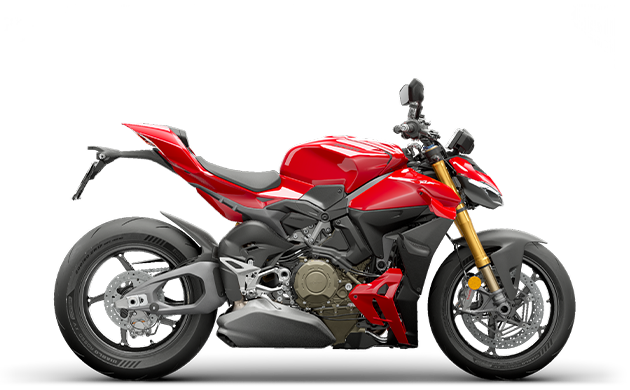
Streetfighter

Multistrada
New
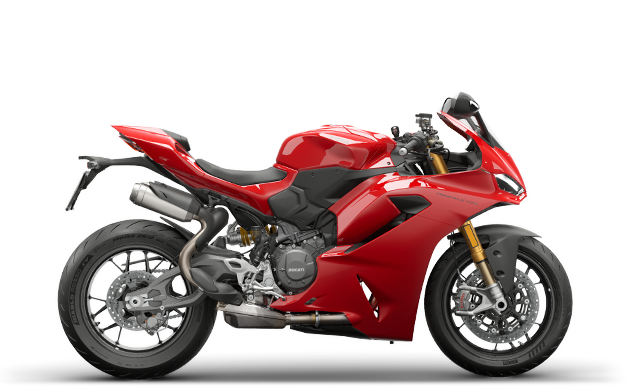
Panigale

SCRAMBLER
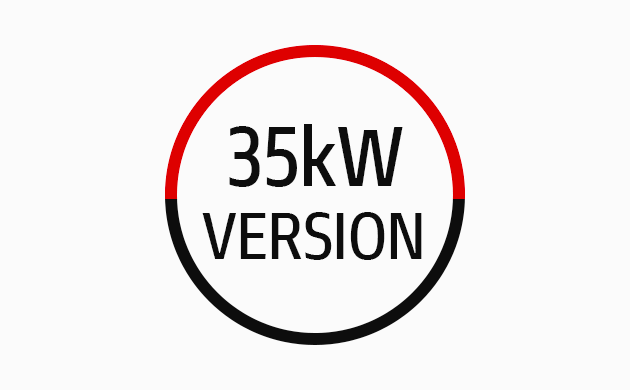
35 kW Bikes

Off-Road
New

E-BIKE

Limited Series
Racing
- MotoGP
- WorldSBK
- Motocross
- MotoE
Ducati World
- Events
- DRE Riding Academy
- Travel with Ducati
- Ducati Stories
- News

Events Calendar
Discover about events and rallies organized by Ducati and the Ducati Official Clubs.
Discover more
Equipment
- Accessories
- Apparel
- Collab

Ducati Online Shop
The online shop has a whole new look. Our style is the same as always. Buy now!
Click and discover!
Corporate
- Who We Are
- Innovation
- Design
- Borgo Panigale Experience
- Fondazione Ducati
- The Ducati Network
- Corporate Social Responsibility
- Partners

Ducati Approved
When you choose a Ducati Approved bike, you can be sure that Ducati is always by your side.
Discover more
Service
Ducati Club
Fabio Taglioni

2020 marks the centennial of the birth of Fabio Taglioni, the most influential designer in Ducati's general and technical history.
A mechanical engineer, in the course of his 30-year career he designed over a thousand projects, including the adoption of the desmodromic system, the "L" twin-cylinder engine and the trellis frame.
Taglioni's tireless verve for design ranged from small-displacement mopeds and scooters to the powerful twin-cylinder engines of the first "derivative" road and racing motorcycles.
He completed his graduation thesis in 1948 designing a 500 cc four-cylinder racing engine, and in 1960 he designed a 1500 cc air-cooled 8-cylinder F1 engine. But the latter was never used in competition by any car manufacturer.
The common thread that ran through all his projects was the reliability of his designs. He thought that power alone was not enough to reach the finish line and win, so he introduced desmodromic distribution for the first time in the motorcycling world, which allowed racing engines to achieve very high speeds without losing efficiency.
What's the secret of Taglioni's genius?
Creating winning engines with both small and large displacements that were not only technically perfect but also aesthetically very beautiful. His attention to aesthetics was also evident in his passion for orchids, which he saw as works of art by nature and which he collected throughout his life. A flower with a special allure and unique beauty, aesthetically perfect, which expresses the concept of hybridization in an exemplary manner, over the centuries coming to symbolise refinement, elegance, harmony and beauty, but also and above all passion, sensuality and love. Just like his Ducatis.
Fabio Taglioni – A Life of Passion
Paying homage to legendary Ducati Engineer, Fabio Taglioni. In this mini-series we look at the history of Ducati evolution from the hands of Taglioni and his creations which have forged our brand and made us who we are today.
 DesertX
DesertX
 Diavel
Diavel XDiavel
XDiavel
 Hypermotard
Hypermotard
 Monster
Monster
 Streetfighter
Streetfighter
 Multistrada
Multistrada Panigale
Panigale

 35 kW Bikes
35 kW Bikes
 Off-Road
Off-Road E-BIKE
E-BIKE
 Limited Series
Limited Series





















